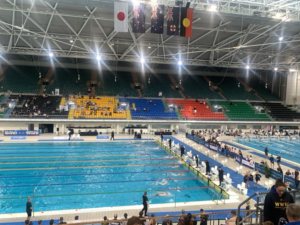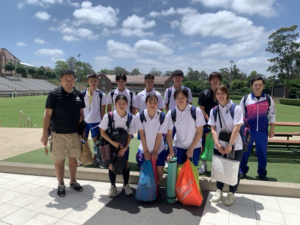Local internationalisation in Japan has been rapidly occurring in recent years. An example of this, as explained in the CLAIR Sydney Newsletter published in May this year, is the number of non-Japanese residents in Japan which has increased from 2.07 million to 2.73 million between 2013 and 2018. Within this number, the number of non-Japanese labourers in Japan has doubled from 0.72 million in October 2013 to 1.46 million in October 2018. Another example is the number of annual international tourists, which has tripled from 10.4 million to 31.2 million between 2013 and 2018. Additionally, since 2014, the Japanese central government has been taking the lead in enhancing foreign language education in elementary, junior high and senior high schools in Japan.
In accordance with these changes, the number of new Japan Exchange and Teaching (JET) Programme participants has increased from 4,372 in 2013 to 5,528 in 2018. As a direct result of the rapid internationalisation of local areas across Japan, it is expected that the demand for new JET Programme participants will continue to grow as Japanese local governments address the need for foreign language teachers and Coordinators for International Relations in their local communities.
For CLAIR Sydney, it is important for us to support new JET Programme participants and JETAA chapters* so that the JET Programme continues to attract motivated and talented participants from Australia and New Zealand to meet the needs from Japanese local governments. To further accelerate the JET Programme, CLAIR Sydney staff has been engaging in activities such as delivering presentations for Japanese classes at universities where potential JET Programme participants study, manning booths at careers fairs to promote the JET Programme, giving presentations at pre-departure orientations held in several cities in Australia and New Zealand for new JET Programme participants, and supporting the activities of JETAA chapters.
Without the significant cooperation between individuals and relevant organisations including Japanese diplomatic missions, JETAA chapters, and universities, the JET Programme is unable to continue to attract motivated and talented new participants. It would be highly appreciated if you or your organisation could kindly assist us in reaching out to potential JET Programme candidates, or support the activities of JETAA chapters to further accelerate the JET Programme.
* JETAA is short for JET Alumni Association where former JET Programme Participants reunite, promote the program and become advocates for cultural exchange between Japan and their country of residence.
For detail of the JET Programme, please see the link below.

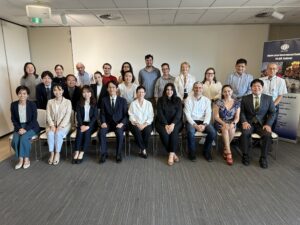

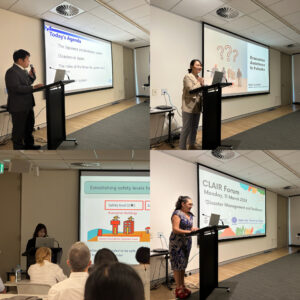
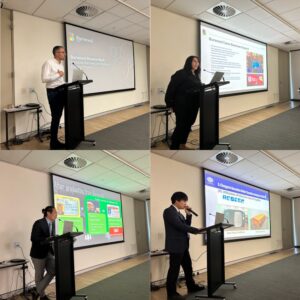
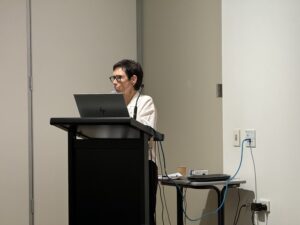
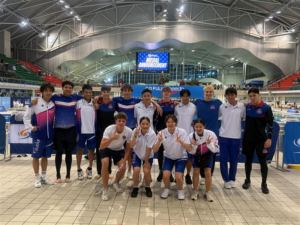 12月3~13日、福岡県水泳連盟の選抜選手8名がNSW州を訪問し、現地の学校との合同練習とNSW州の大会に参加しました。
12月3~13日、福岡県水泳連盟の選抜選手8名がNSW州を訪問し、現地の学校との合同練習とNSW州の大会に参加しました。